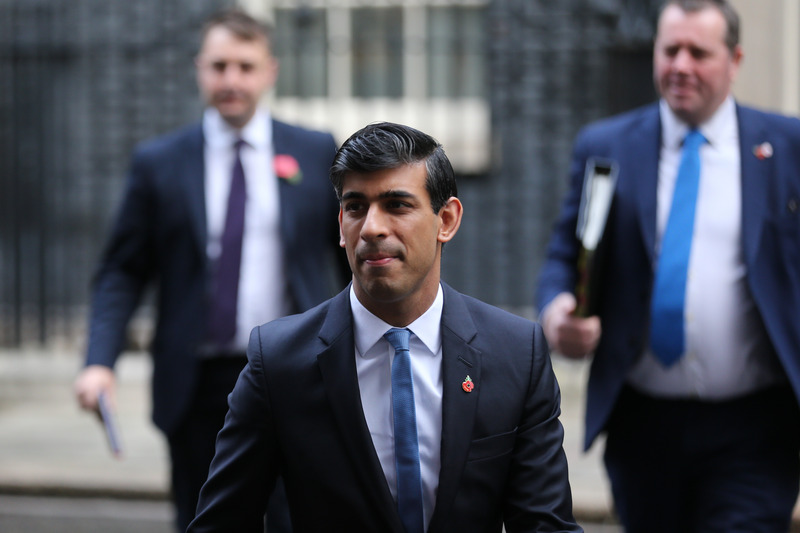Intelligence, community and recognition for pay and reward professionals.
Rishi Sunak invites union leaders for talks after unveiling anti-strike laws
 Vanessa Ong
Vanessa OngRishi Sunak has invited all union leaders for crunch talks on Monday to have a "grown-up conversation" about how disputes over pay and conditions can be resolved.

The Prime Minister made the comments during a visit to a school in south-west London, as the RMT kick off another 48-hour rail strike on Friday.
He said: "With regard to strikes, yesterday the Government wrote to all union leaders, inviting them in for talks on Monday,” according to the Telegraph.
"We incredibly value the important work that our public sector workers do, especially our nurses, and we want to have an honest, grown-up conversation about what is affordable, what is responsible for the country.
"Those invitations have gone out and I am hopeful that those meetings can happen on Monday so we can have a productive conversation and find a way through this."
It comes after Sunak’s new anti-strike law sparked fury from union leaders.
The law, which the government plans to introduce in the coming weeks, will enforce “minimum service levels” in six sectors, including the health service, rail, education, border security and fire services.
The legislation will allow bosses in these sectors to sue unions and sack employees if minimum levels are not met for “breach of contract”, according to government sources.
Read more: Gen-Z’s top workplace perks revealed
Trade unions said they are prepared to take legal action amid claims the plans will be in breach of the human rights act.
The Unite union has slammed the government for “game-playing” and “gimmicks” on the talks offer.
Unite general secretary Sharon Graham said: “Yet again, Rishi Sunak abdicates his responsibility as a leader.
“Instead of silly posturing and game playing, he should step up to the plate, act as a leader and start negotiating to resolve the crises his government has created.”
Martin Williams, Head of Employment and Partner, Mayo Wynne Baxter said of the plans that the lack of detail is similar to previously espoused ideas.
“It is almost as if the government wants to be seen to be doing something without actually doing anything.
“First problem: this will be primary legislation and will do nothing to deal with the disputes currently in play, unless they continue for a very long time.
“Second, it is likely that any legislation that gets enacted will be challenged in the courts by the unions.
Read more: Amazon to cut 18,000 jobs as tech job purge carries on
“Third, much is being made of service provisions but arriving at a definition across various industry sectors will be one hell of a task. Bearing in mind the state of some public services when there are no strikes, the government could find itself setting standards it cannot meet in normal circumstances.
“If there are to be dismissals for breaching the legislation who will be dismissed? Everyone in the union? Just those who happened to be ordinarily rostered when a strike was in progress?”
Sunak has insisted the measures are “entirely reasonable”.
Speaking to broadcasters, he said: "I fully believe in the unions’ role in our society and the freedom for them to strike but I also believe that that should be balanced with the right of ordinary working people to go about their lives, free from significant disruption.
"That is why we are going to bring forward new laws, in common with countries like France, Italy, Spain and others, that ensure we have minimum levels of safety in critical areas like fire, like ambulance, so that even when strikes are going on you know that your health will be protected.
Williams added: "Yes, other European countries do have minimum standard requirements in certain sectors, so we could learn from those examples. The irony of taking lessons from EU members is not lost here.
"For the moment, we have sabre rattling. However, the sabre is still in its scabbard and we have to guess how sharp and effective it may be."
Earlier this week, Downing Street hinted that a deal with unions to stop disputes was “imminent”.
